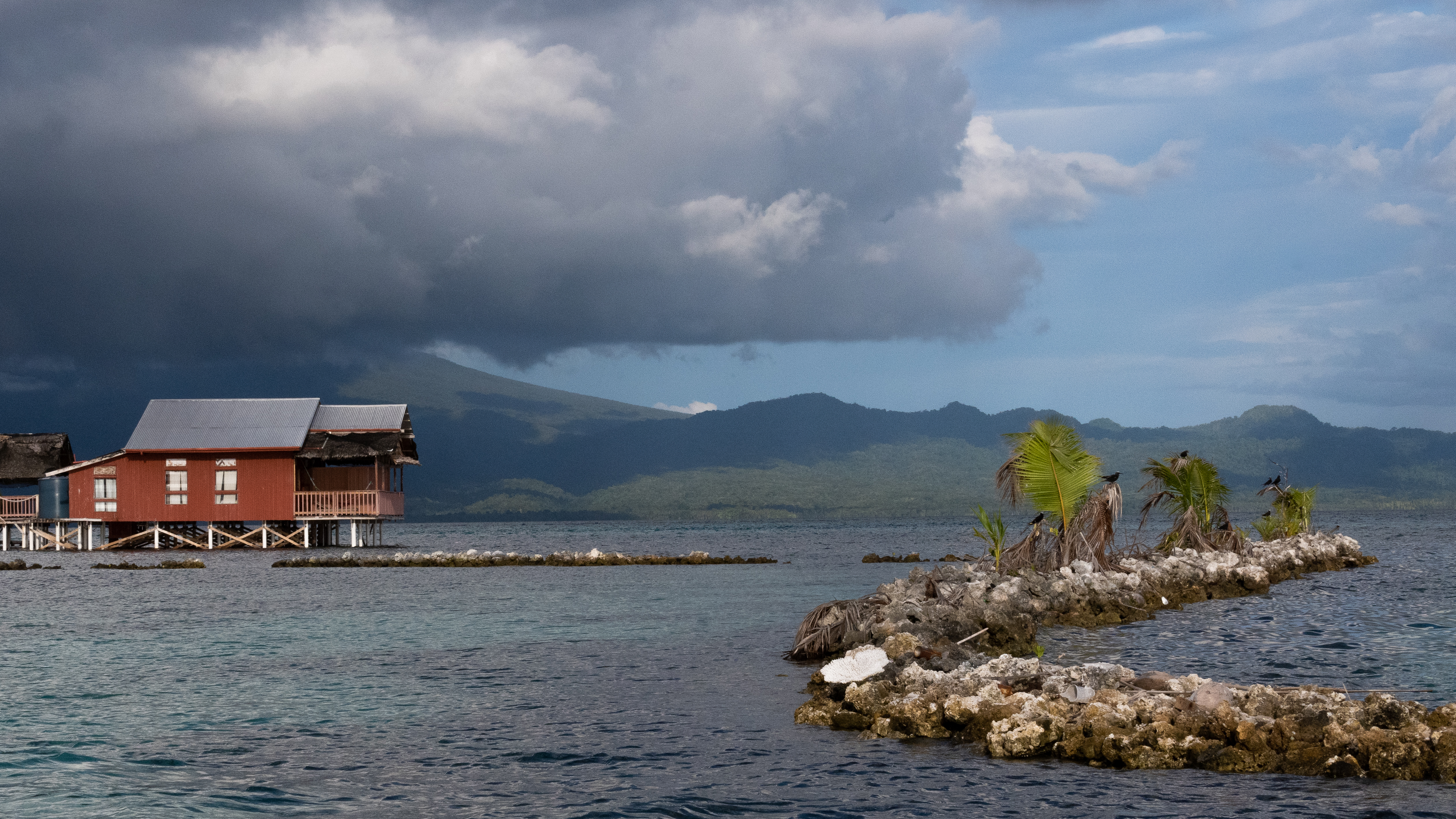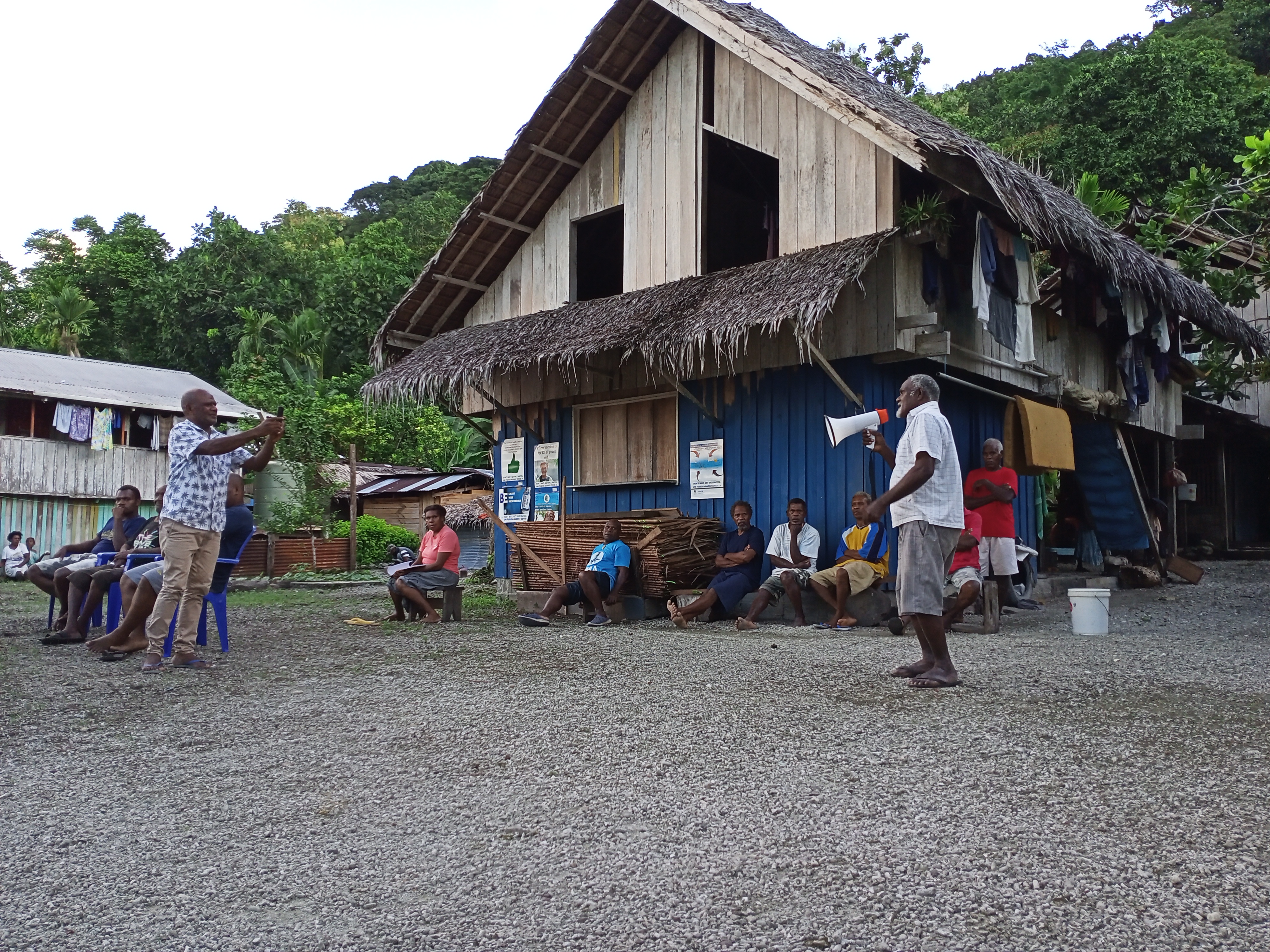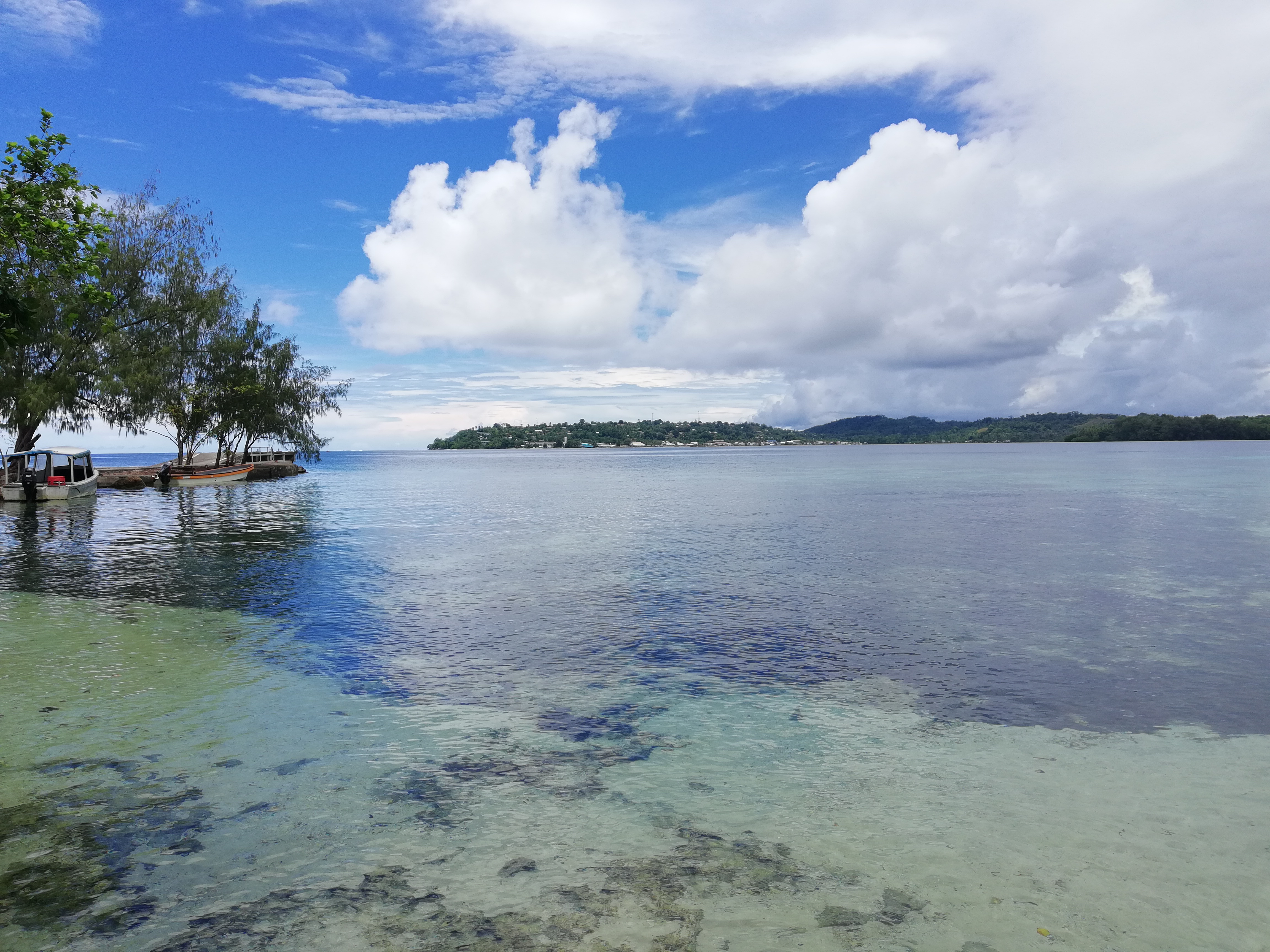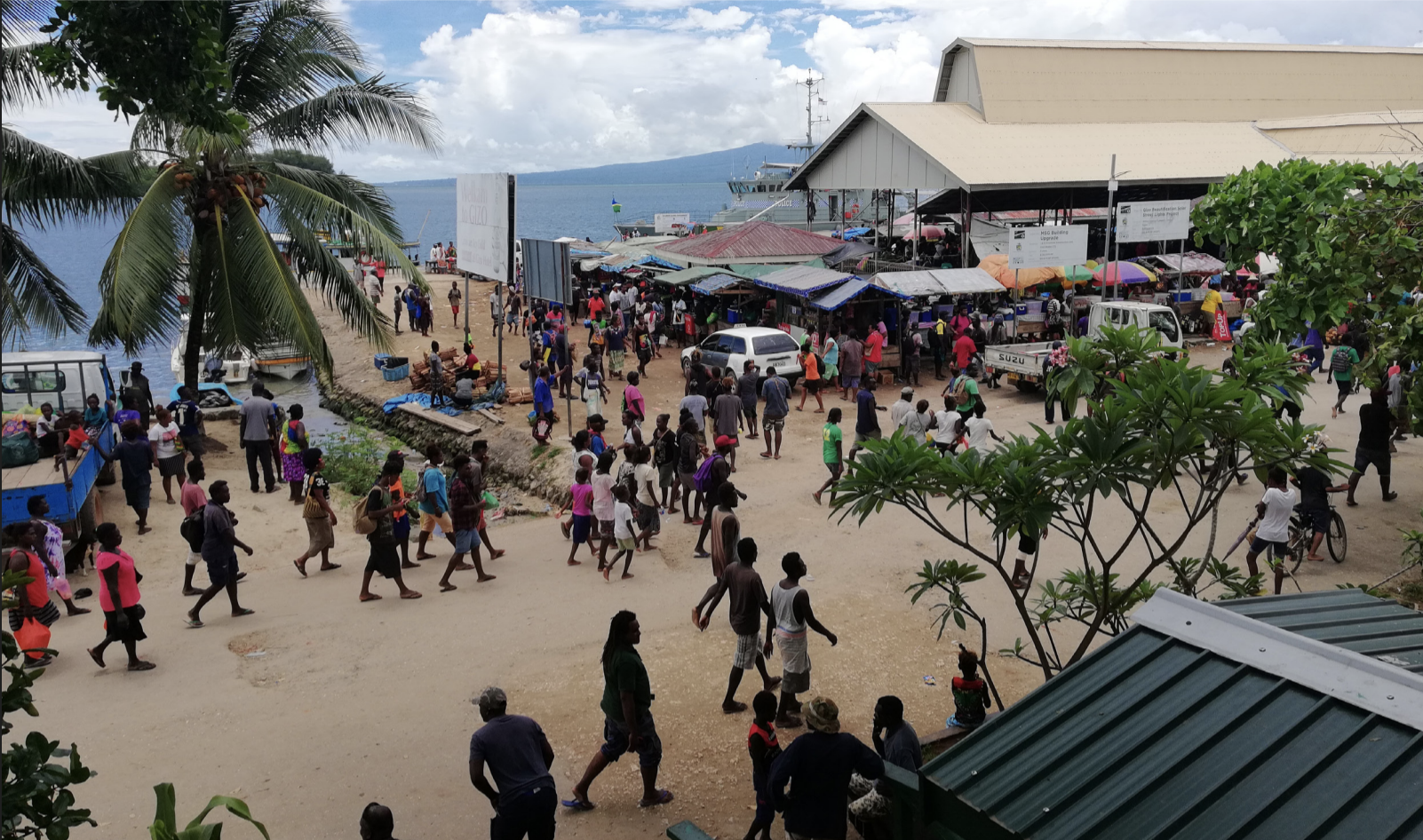Solomon Islands, like other Pacific Island countries, is bearing the brunt of climate change, which has been accelerated by the exploitation of natural resources. With support from USAID, since the beginning of May 2022, NDI has supported 25 young civic leaders throughout Solomon Islands as they respond to key environmental issues in their local communities through projects that assess legislation, public policy, and local practices in sectors related to climate change and natural resource management.
Twenty years after an internal violent conflict between militants from different ethnic groups—known as 'the tensions'—delivering national elections in the Solomon Islands remains challenging due to intertwined social, cultural, and political factors. The country’s cultural and geographic diversity means that many citizens live in remote areas, outside the reach of government services or public awareness campaigns. This leads to a knowledge gap when it comes to political, legal and civil rights, electoral processes, as well as the functioning of democratic systems more broadly.
The COVID-19 pandemic has impacted the world in ways unimaginable more than a year ago. Due to their ethnicity, gender, religion, age, or social status—or at the intersection of these identifiers—some people in the Pacific Islands and around the world are vulnerable to disproportionate impacts that compound health, psycho-social, and economic risks. However, while country-level statistical data about socio-economic effects is becoming more available, quantitative or qualitative data on how most vulnerable groups have experienced COVID-19 differently from others remain limited.



